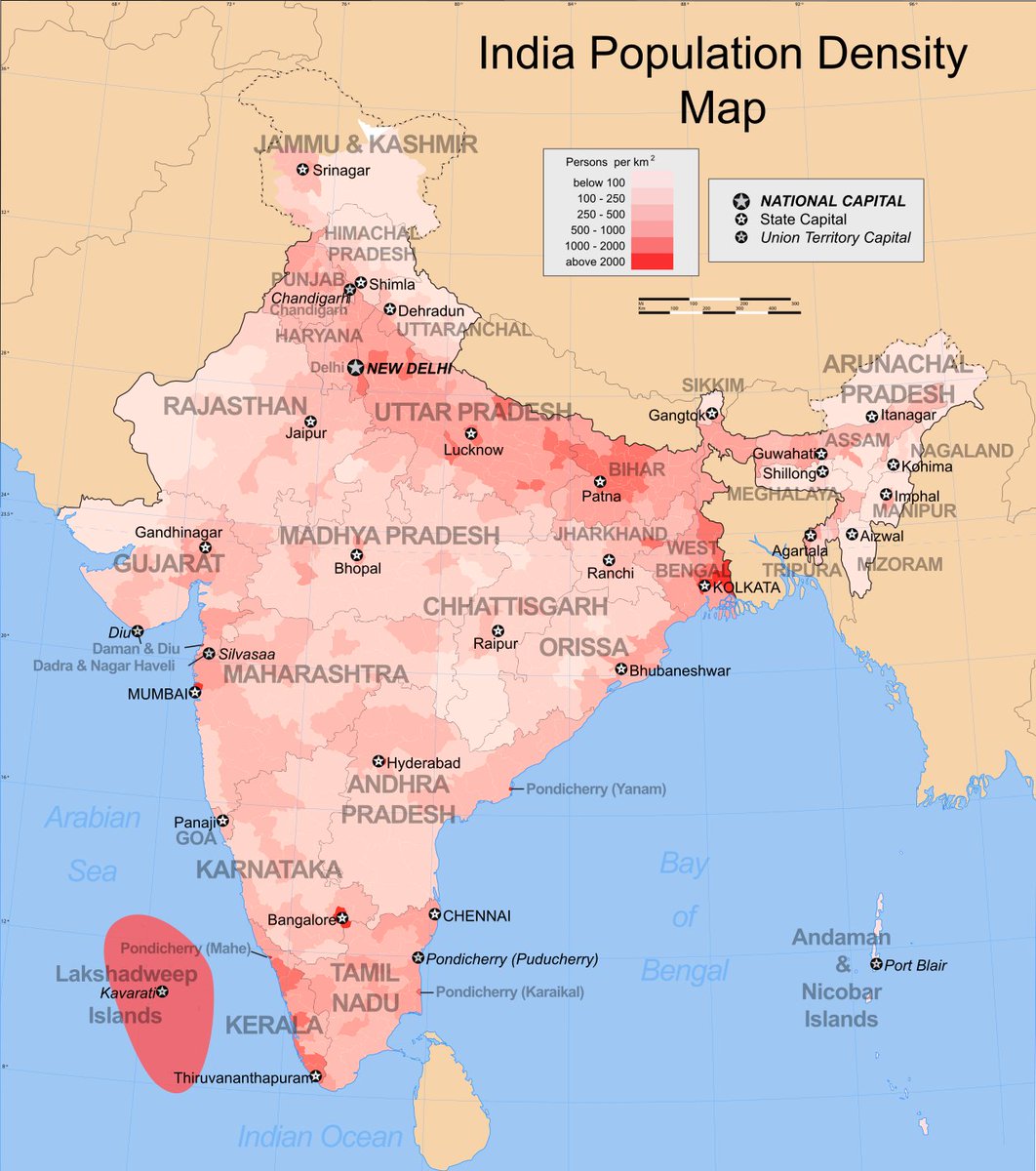
I've been wrestling with this question for a while now: How much does it really matter at this point if so many adults choose not to vaccinate? I look at this on three levels:
1) How it affects me and my family
2) How it affects "return to normal"
3) Concern for others generally
1) How it affects me and my family
2) How it affects "return to normal"
3) Concern for others generally
https://twitter.com/MonicaGandhi9/status/1388576202655371264
On 1), I have three children too young to be vaccinated. But at ages 6 and 7, they are, thankfully, unlikely to develop any symptomatic disease or spread the virus to others. I'd be more concerned if they were over 10. But at their age, probably not much to worry about.
Since the rest of my family is fully vaccinated, I don't feel as personally uncomfortable with unvaccinated people around. Future variants could change this calculus. On the other hand, I will vaccinate them as soon as that option is available. For now, we should be okay.
What about 2) - returning to normal? This is a strange one because where I live, there are very few restrictions anyway. So the "return to normal" matters more in places that have more restrictions in place. It so happens that those places tend to have fewer vax-hesitant people.
There are persistent vax-hesitant pocket in, say, Brooklyn, that need to be addressed. But I doubt policy-makers will hold back full reopening because of them. I mean, DiBlasio is even calling for fully reopened NYC by July 1. So probably not much to worry about on that score.
Which leaves 3) - "Other" people who will be negatively affected by persistent viral circulation. There are some clear cases where vaccines must be mandatory - LTC and health care workers who work around immunocompromised people for whom vaccines are only partially protective.
Same can be true for congregant living arrangements like college dorms where quarantines become especially disruptive to the entire community. Or cruises. But outside these specific environments, how much should we care if people choose to expose themselves to the virus?
The variant issue is one that I think is probably over-stated at this point. The mRNA vaccines and the J&J vaccine work against every known variant in circulation. There could be future vax-resistant mutations. But there are also boosters in production to address them.
(Sorry, it's "congregate", not "congregant" living above...) Anyway, the most vulnerable population out there are probably 12-15s (who should be approved for vaccination soon) and the handful of people who cannot take the vaccine for health reasons.
But the bigger question is if we should care about what happens to those who willfully reject the vaccine. They choose to put themselves at risk. They will almost certainly pay the price for that. So is it worth it to keep trying to convince them? I think it is.
For one thing, nobody wants to watch other people suffer, even if out of their own ignorance or fear. But the other factor is that hesitancy is not as hard as it may appear. Only about 13% of Americans are truly anti-vax. The others will come around when they are comfortable.
And access is still an issue too - or more likely, knowledge that the vaccine is so accessible at this point. When full FDA approval comes along, I suspect more will get vaccinated. The evidence of vax effectiveness is stronger than ever, and side effects are still minimal.
All of which is why I oppose generalized "vaccine passports." They just aren't needed. But we should still work hard to inform and reassure the hesitant that the vaccine will protect them and everybody around them. It is the only way the pandemic will end.
The fact is: It really does matter that the infection numbers go down. It is better for the health system. It makes the already highly vaccines even more effective. It limits flair-ups and local variants. And it just means less misery. So: Get vaccinated...for everybody's sake!
One last thing - This whole thread is obviously US-centric. The situation in South America and India is perilous (and shows how self-centered and spoiled US anti-vaxxers are) and they need a massive boost in vaccination supply to help bring the world pandemic down.
• • •
Missing some Tweet in this thread? You can try to
force a refresh









